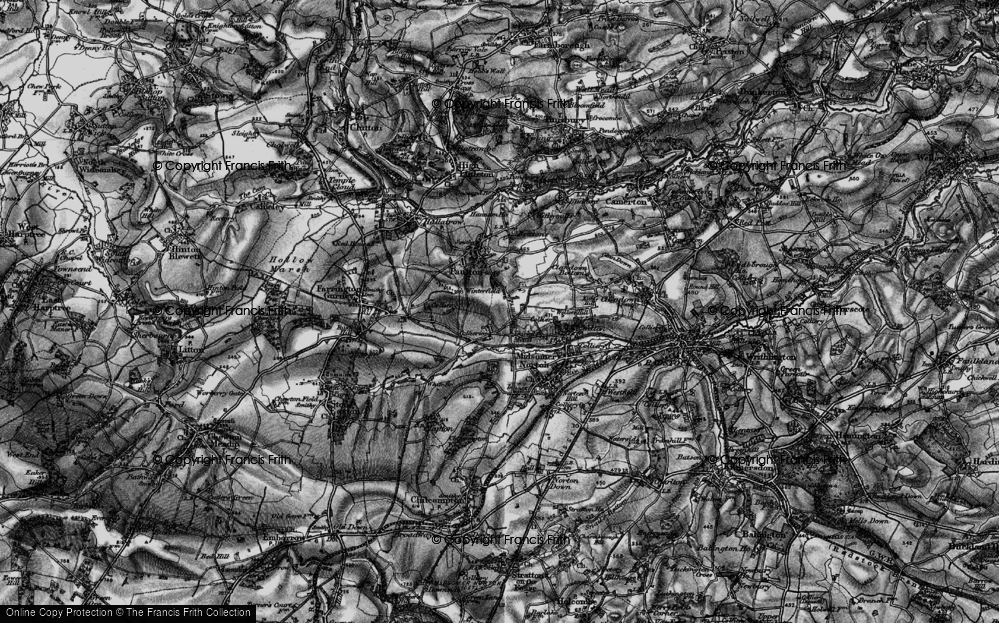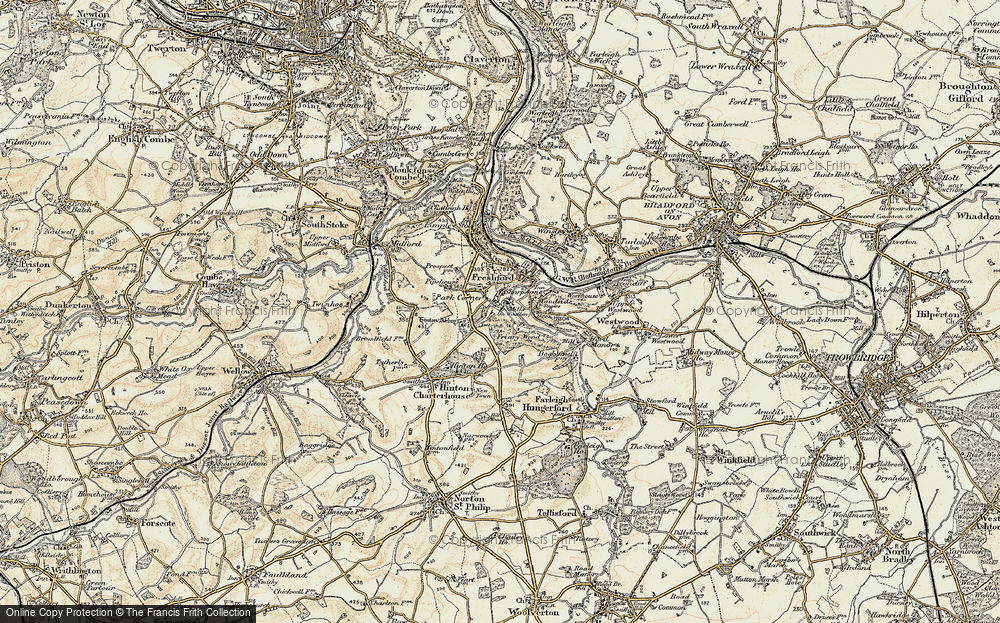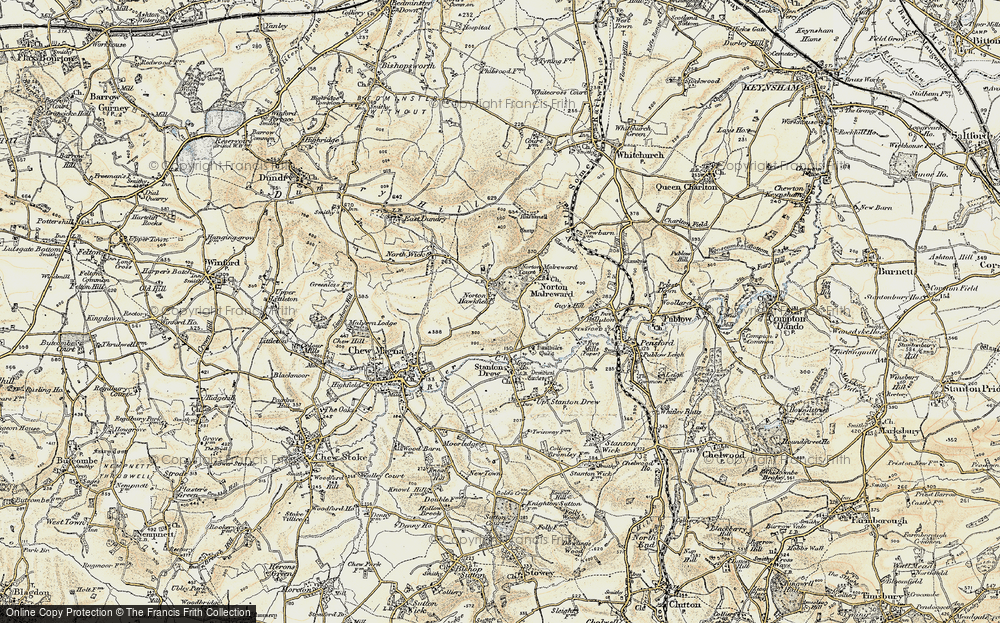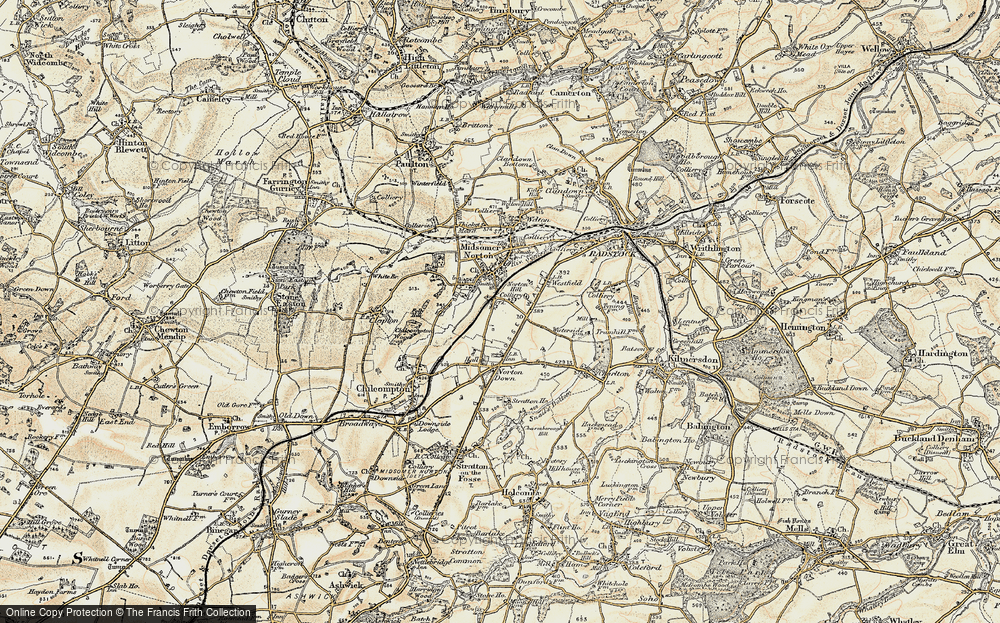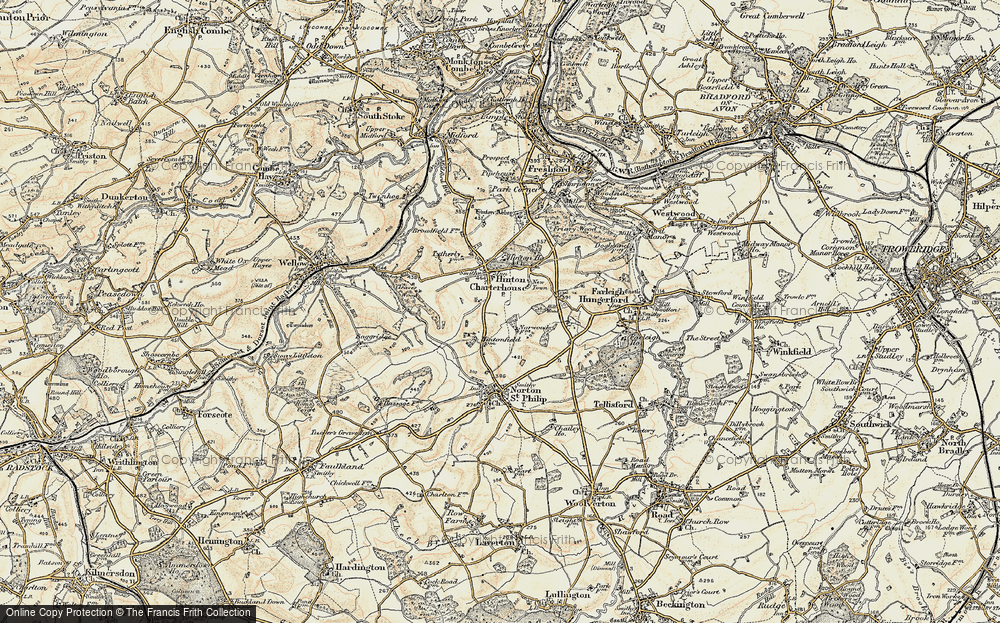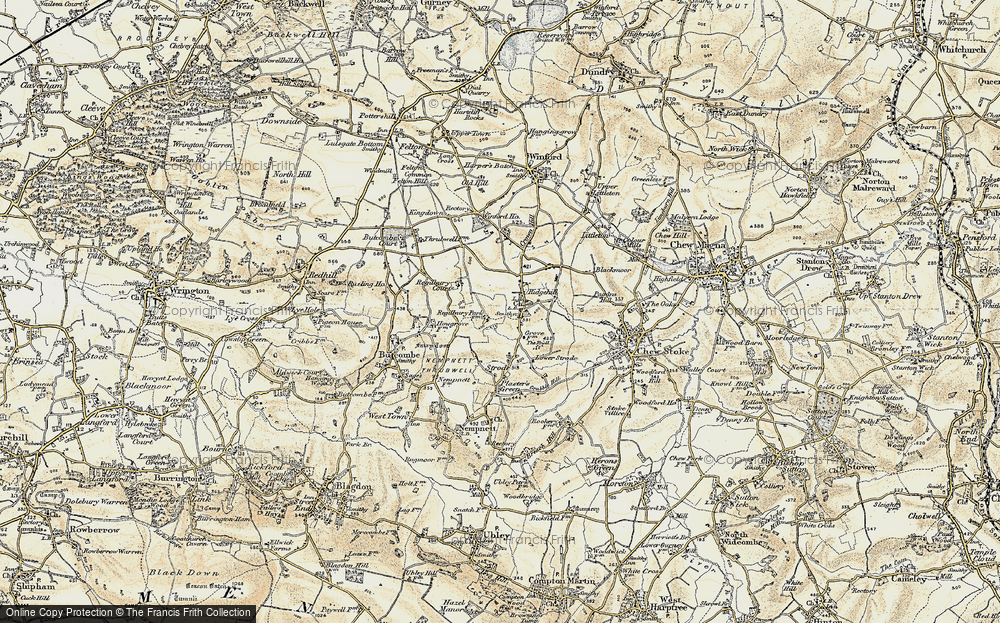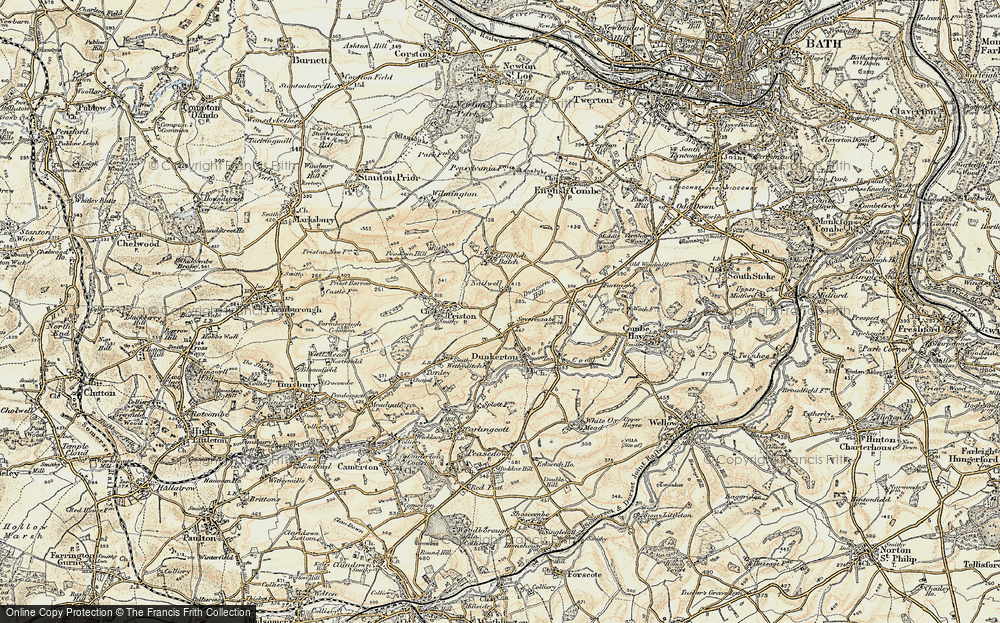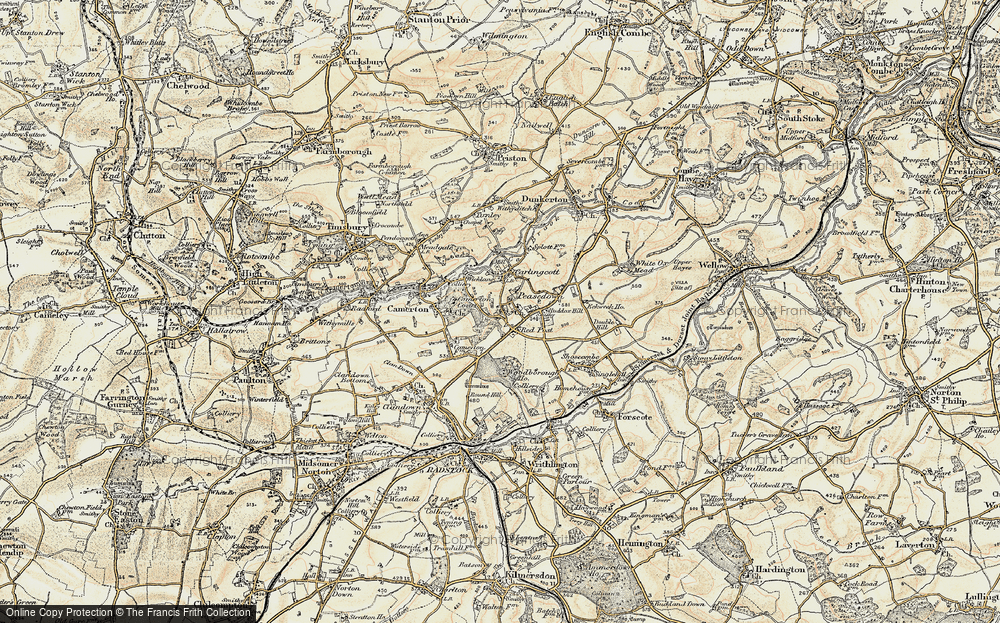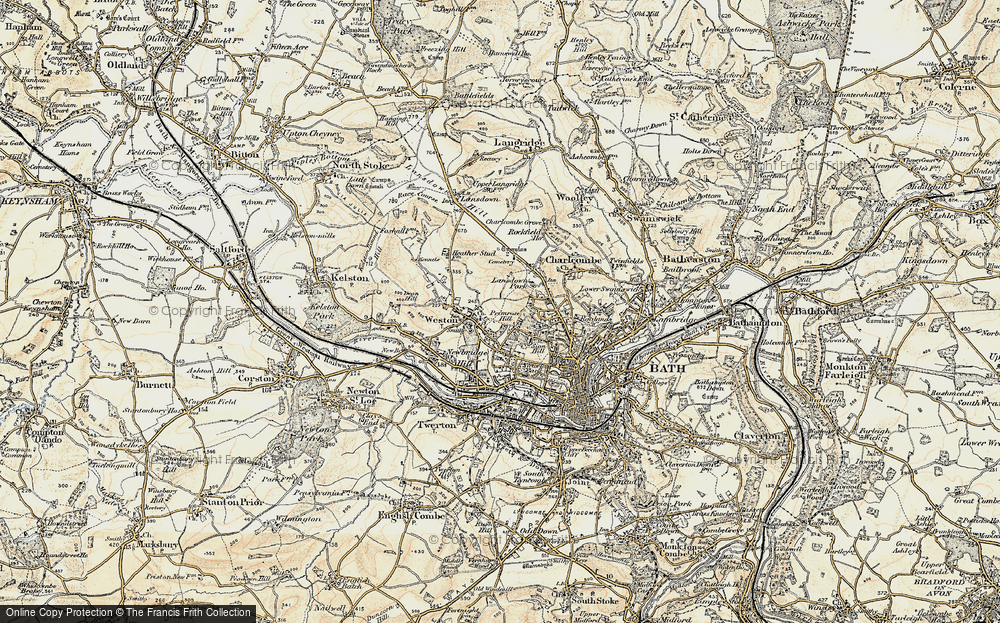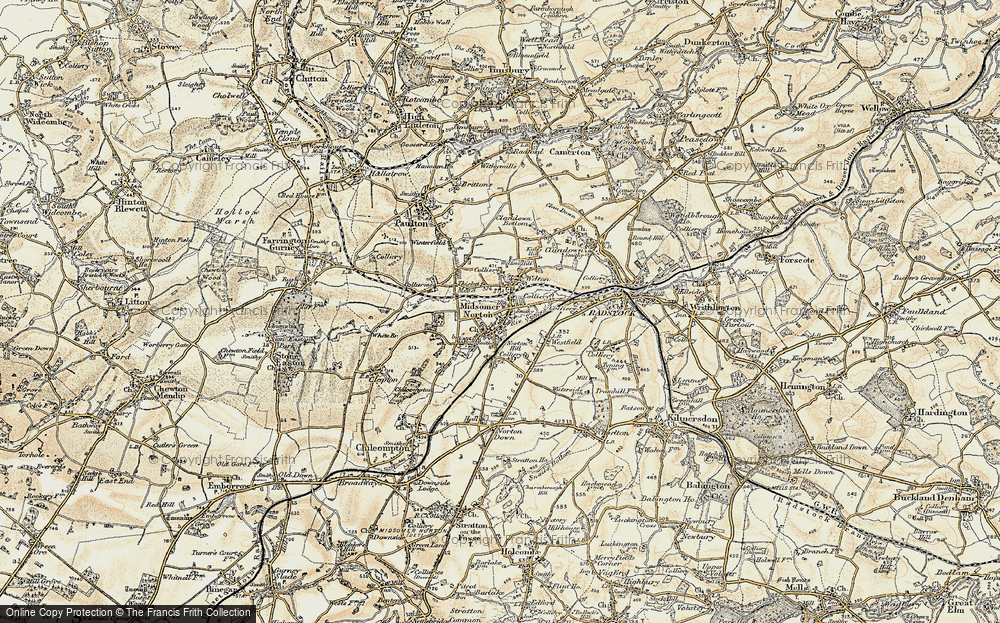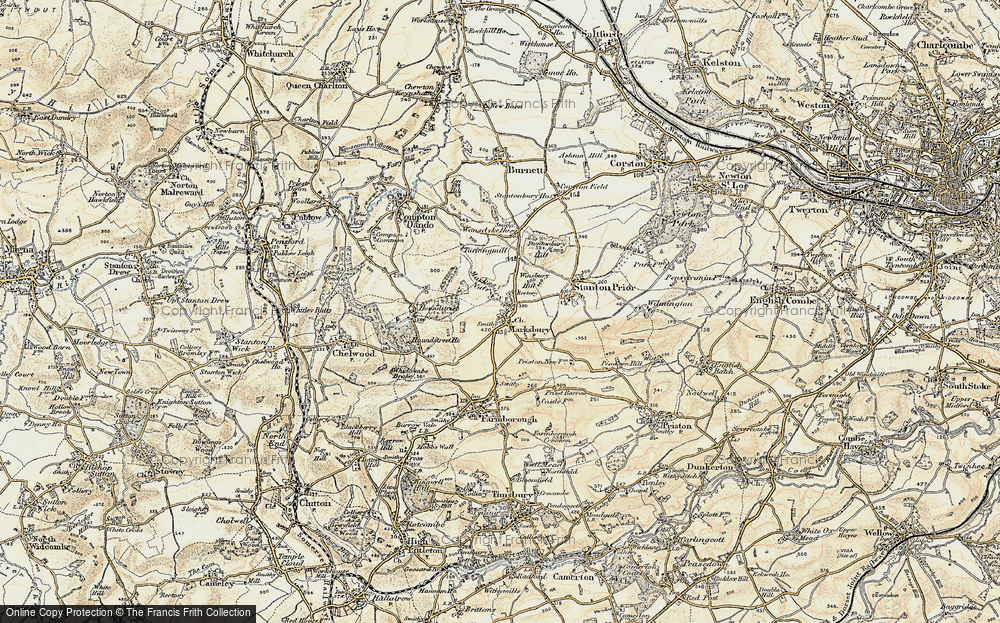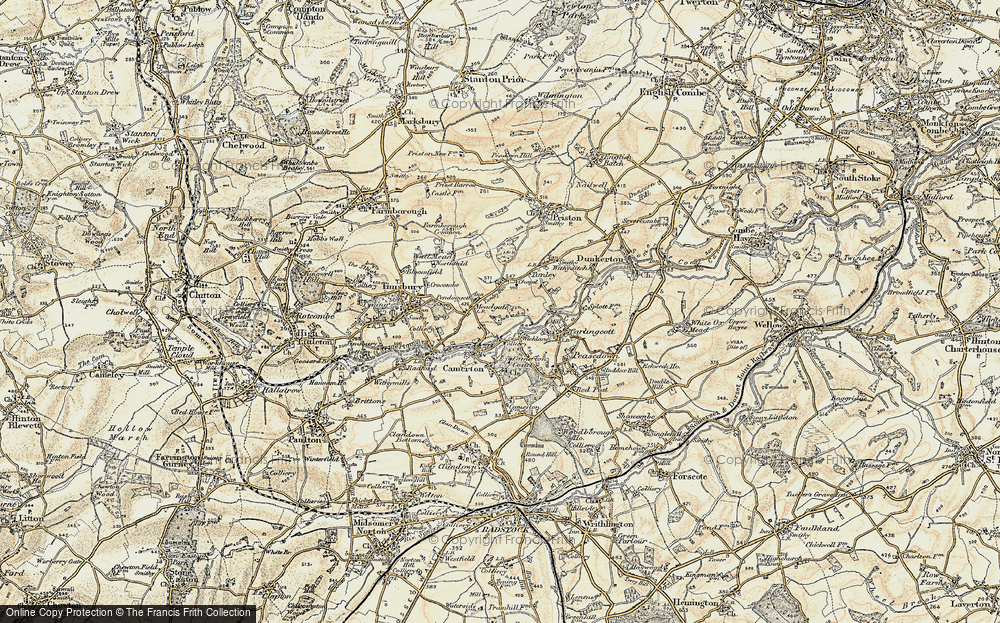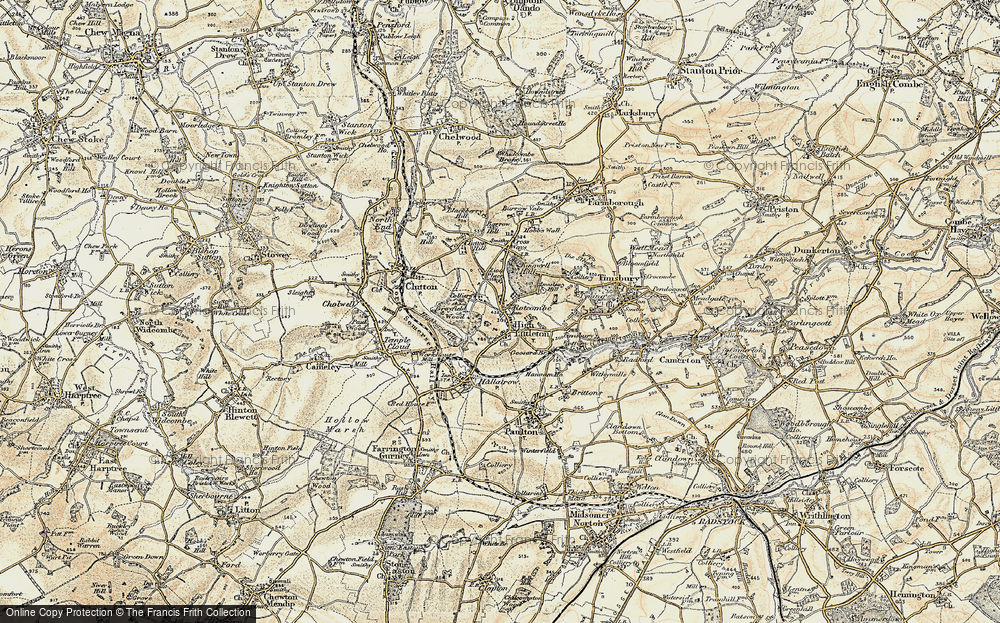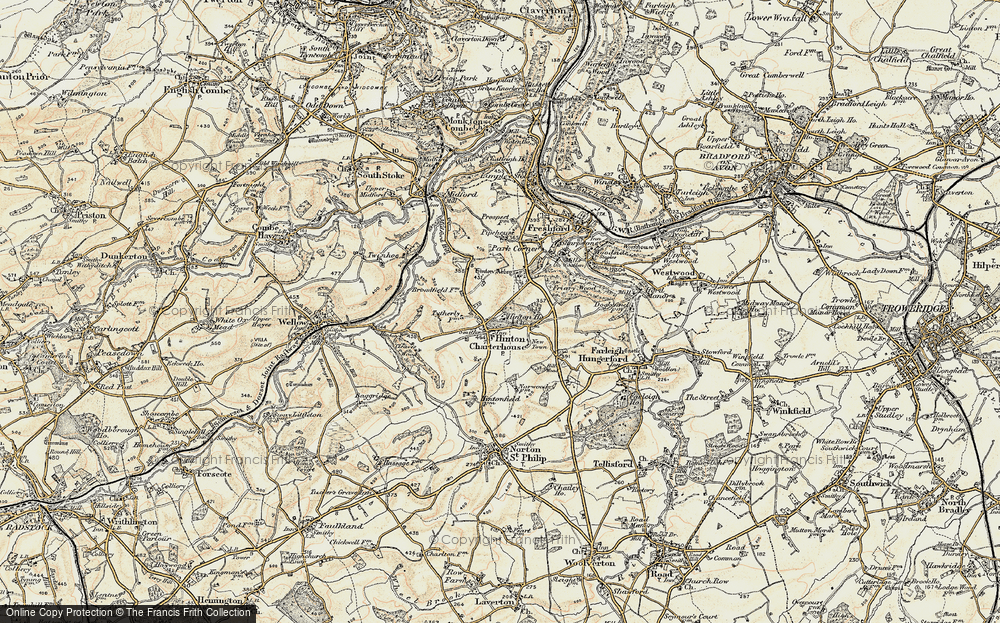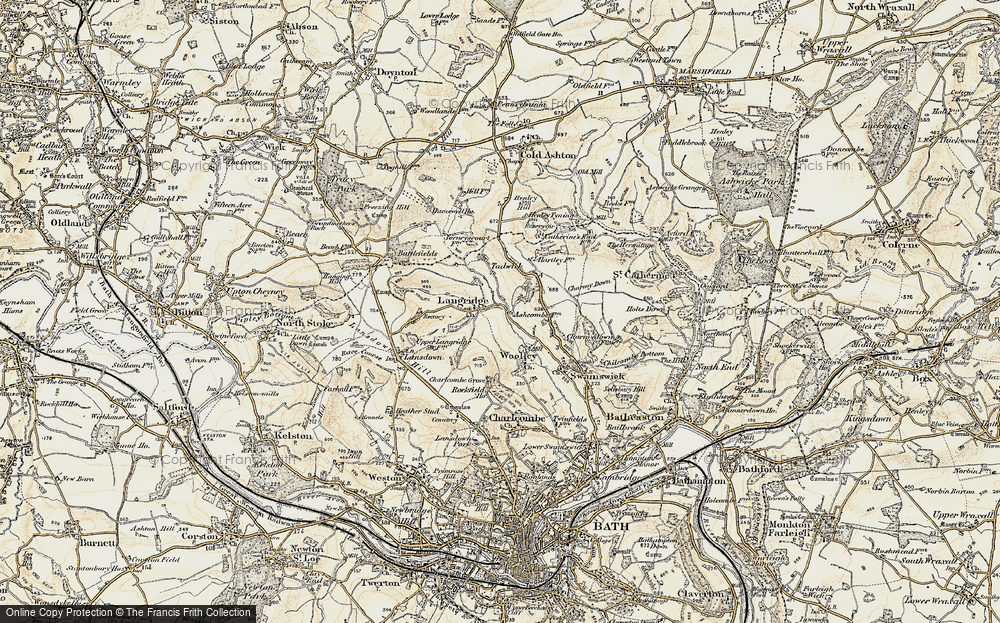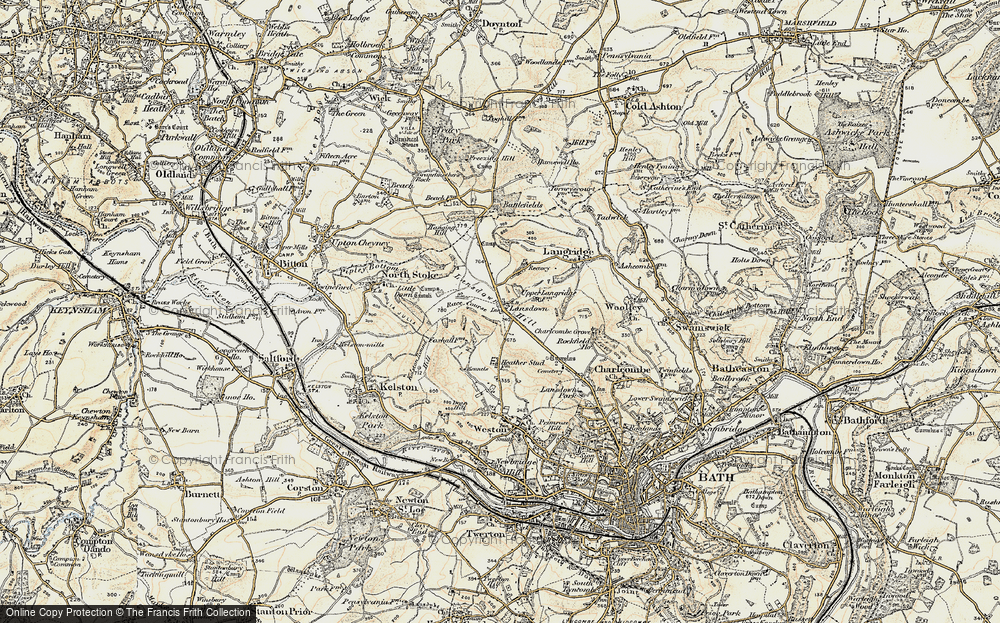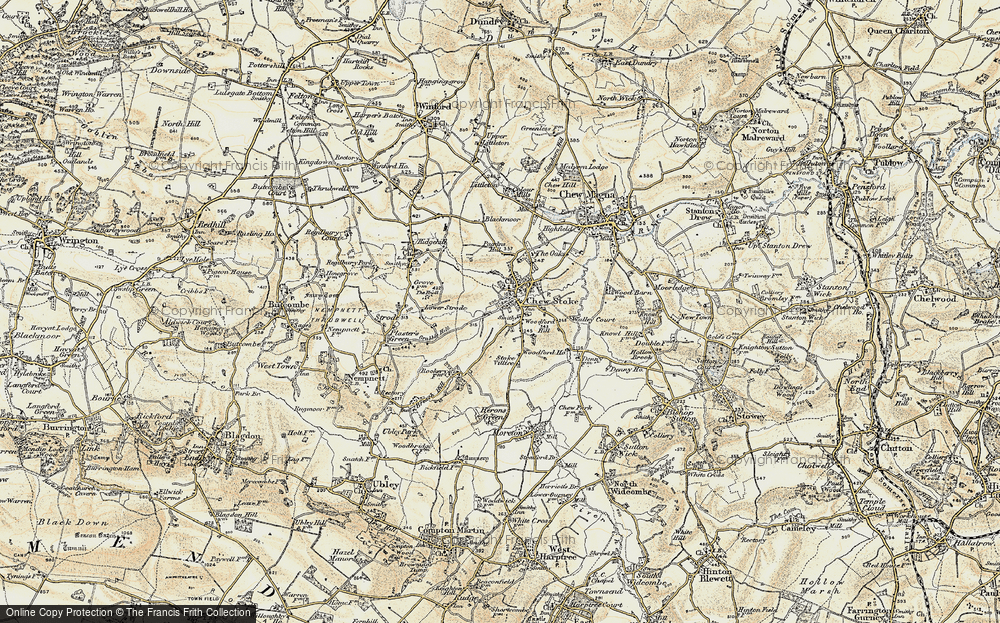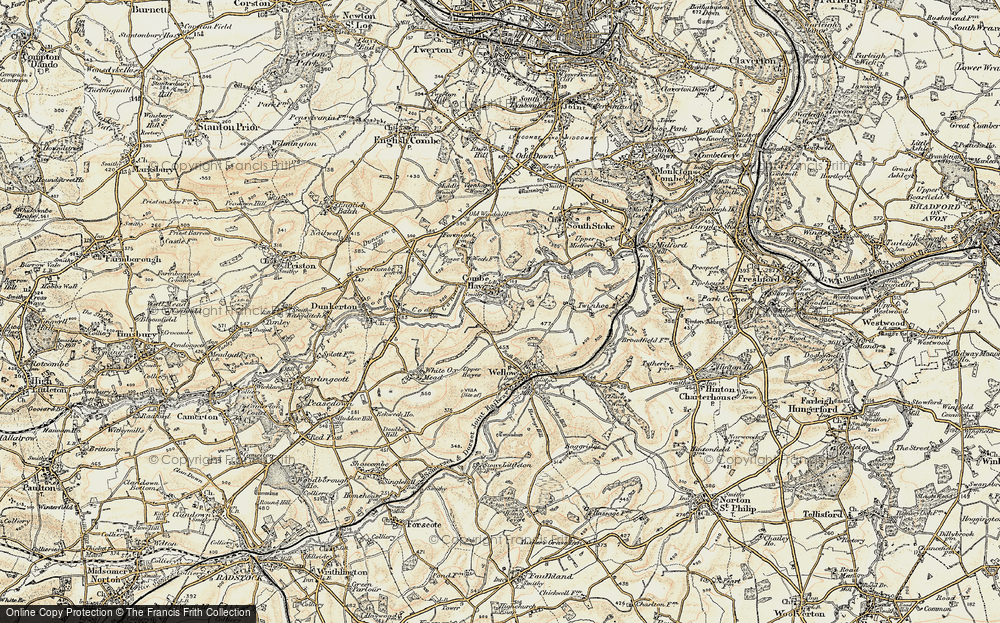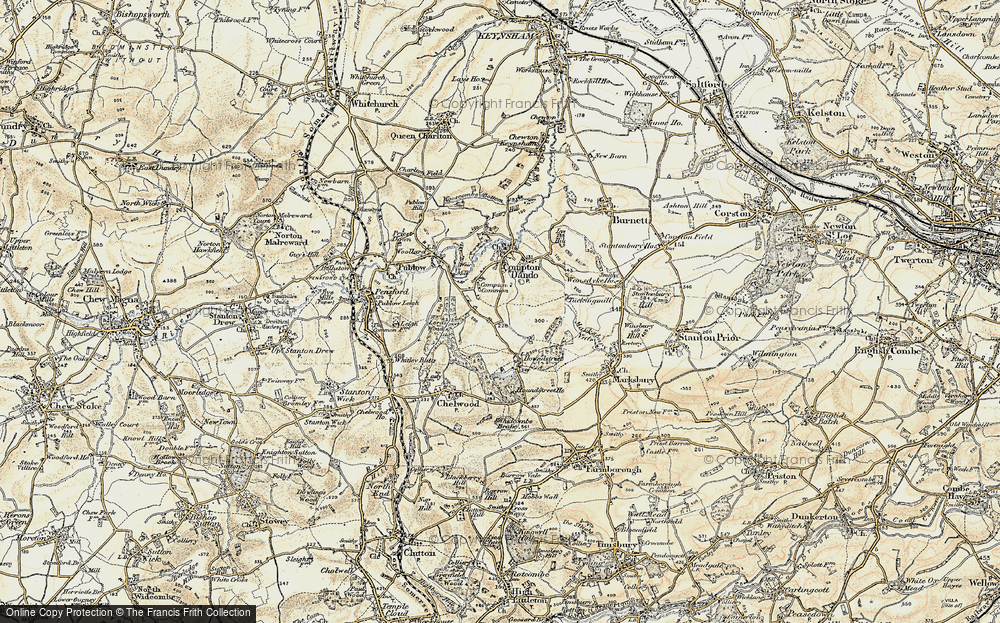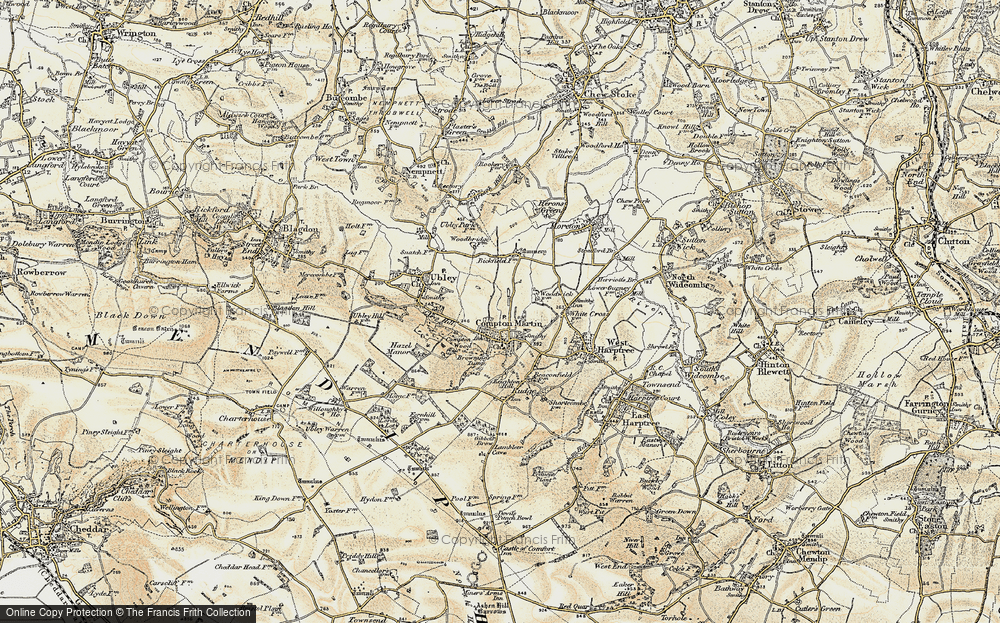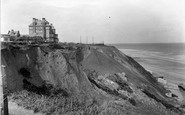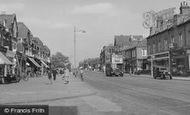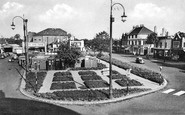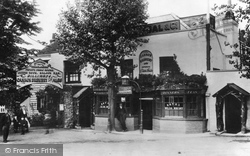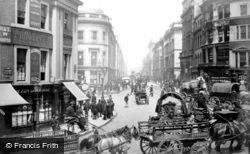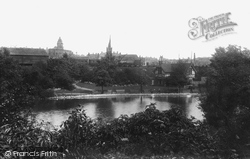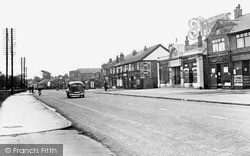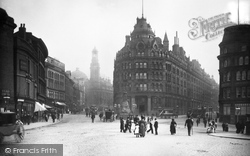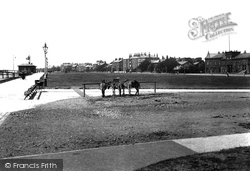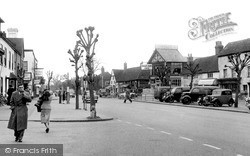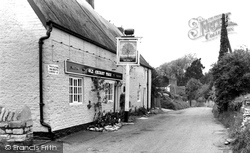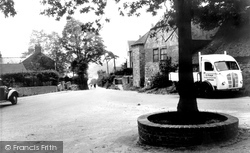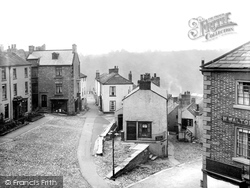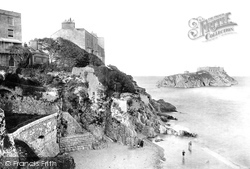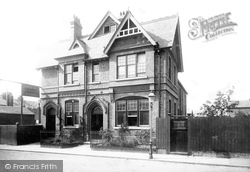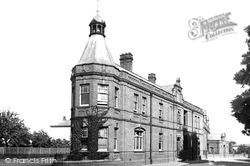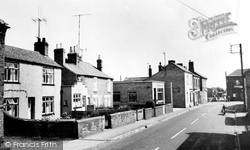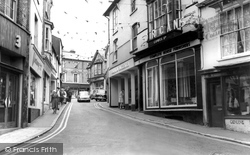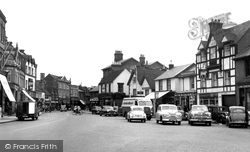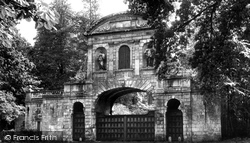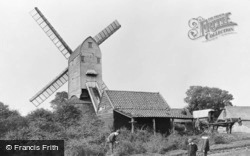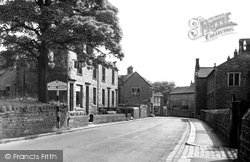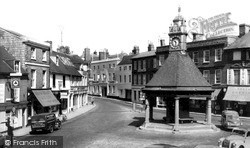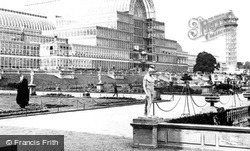Places
Sorry, no places were found that related to your search.
Photos
6 photos found. Showing results 141 to 6.
Maps
862 maps found.
Books
2 books found. Showing results 169 to 2.
Memories
1,131 memories found. Showing results 71 to 80.
Bramcote Children's Hospital
I was placed in Bramcote 1983 at the age of 9 for a year. I liked it a bit but only as I was getting physically abused by my step mum at home daily,it was a break from the beatings for a week,we would all go ...Read more
A memory of Bramcote by
Boston Manor Zebras
Opposite Boston Manor station is an office block. Before this was built it was waste land called by us kids BOSTON BUMPS. We had bikes with cow horn handle bars and painted the frames black and white and called ourselves the ...Read more
A memory of Brentford by
Growing Up In Buckhurst Hill 60's 70's
I used to live in The Meadway, and went to St Johns infants School-a few memories of playing on 'the boxes' at play/lunchtime. These were actually old beer crates, and long before health and safety spoiled ...Read more
A memory of Buckhurst Hill by
School Days And Beyond
Having just stumbled on this website I felt compelled to add my recollections of living in Fenham in Cheeseburn Gardens from circa 1961 to 1980. I lived 2 streets down the hill from the first contributor who lived in Ovington ...Read more
A memory of Fenham by
I Was There
After being de-requisitioned and restored at the end of WW2, the Overstrand Hotel was a massive building standing only yards from the cliff edge, it opened, then closed, then re-opened with a new bar called “Bubbles Bar” to cater for ...Read more
A memory of Overstrand by
Chingford And Epping Forest
My family moved to Fairlight Avenue from Potter's Bar in 1949 when I was four, when my dad got a job as signwriter at Walthamstow Stadium [as the dog track was known then]. I went to King's Road C of E and ...Read more
A memory of North Chingford by
Memories
I was born at 30 Marstown Avenue on 29-04-1938, now living in Nijmegen, Holland. I went to the Bassert Street school and the Sec Mod school. Played rugby for school and county, have good memories from the s.w.o.b. and very good ...Read more
A memory of South Wigston by
Hounslow 1970's
I was born in West Mid Hosp and we lived in Worton Way which was technically Isleworth but very close to Hounslow High Street. Our surname was Pritchett. I went to Spring Grove Infant School in Star Road from 1962-1969 and then ...Read more
A memory of Hounslow by
Rowfant Station
When we lived at the Fox Hotel (opposite Three Bridges Station), Mrs Turner, who was the retired station mistress (and still lived in the station house), used to catch the evening train to us, spend a couple of hours in the ...Read more
A memory of Rowfant by
I Lived And Worked Nearby
We lived as a family in Gonville Road with St Judes Church on the corner of Thornton Road, to the left of this picture. I remember the Pond when it was full of rubbish so this garden was an improvement when it was ...Read more
A memory of Thornton Heath by
Captions
252 captions found. Showing results 169 to 192.
The pub is said to have been built as a farm in the mid 17th century, and it was licensed in 1721. It is alleged to have been the house of William Hogarth, the painter.
This photograph shows the Cannon Street end of King William Street, which heads south-east from the Mansion House towards London Bridge.
Had the Lancashire, Derbyshire & East Coast Railway had its way, their main line would have run from Warrington to Sutton-on-Sea.
Continuing south towards Worksop on the A60, the route reaches Langold, situated a mile south of Oldcotes.
The Frith photographer is standing outside the Cathedral and looking back at the Victoria Buildings and its Hotel.
The Long Hoe, or Lytham Green, has been preserved over the years, and is one of the great amenities of the town.
North-east of Guildford and now by-passed by the A3, Ripley has a long wide High Street and was full of coaching inns in earlier days.
The Old Cherry Tree Inn, one of two pubs in Great Houghton, is a cosy village hostelry with quaint beams and plenty of character.
Borough Green was once a hamlet in Ightham and Wrotham parishes, six miles to the east of Sevenoaks.
In the centre is a fish and chip saloon; to its right is the narrow wynd called The Bar, and on the railings is an advertisement for wet fish on sale in the basement of No 1 New Road.
Traditionally in the ownership of wealthy occupants, the private steps leading down to the beach still belong to these houses, except those on the extreme left.
In the highly stratified society of Alderley Edge village, the Liberal Unionist Club in Stephen Street was for the village`s tradesmen.
The foundation stone of this building was laid with two gold sovereigns beneath it, not in the north-east corner but at the southern end of the building, in 1889.
The Midland Bank is no more, but the flat-roofed building that sticks out like a sore thumb is still there.
The Midland Bank is no more, but the flat-roofed building that sticks out like a sore thumb is still there.
The High Street leads to Shooters Hill, which was once a very swampy area. The buildings are shaped here to follow the curve of the road. The first shop on the right is now a florist.
Frith's photographer looks south down the High Street from the Broadway.
Temple Bar was designed by Sir Christopher Wren in 1672, to replace the earlier City of London gate destroyed by the Great Fire, and was the last of the old city gates to survive.
Temple Bar was designed by Sir Christopher Wren in 1672, to replace the earlier City of London gate destroyed by the Great Fire, and was the last of the old gates to survive.
The photograph shows the mill in full working order, but idle; the mill door is closed, with the security bar in place.
The sign tells us that Gisburn Road leads to Clitheroe, hub of the Pendle Forest area. Stone walls, finials, setts, dripstones and lintels characterise Chatburn and the neighbouring villages.
The Clock Tower pub on the extreme left is now called Broadways, while next door to it A W Luff is now a post office and convenience store.
This monumental glass pleasure dome was created in Hyde Park by Joseph Paxton for the Great Exhibition of 1851. 2,000 workers erected it at high speed, bolting and welding together 3,300 iron columns
This monumental glass pleasure dome was created in Hyde Park by Joseph Paxton for the Great Exhibition of 1851. 2,000 workers erected it at high speed, bolting and welding together 3,300 iron columns
Places (0)
Photos (6)
Memories (1131)
Books (2)
Maps (862)


